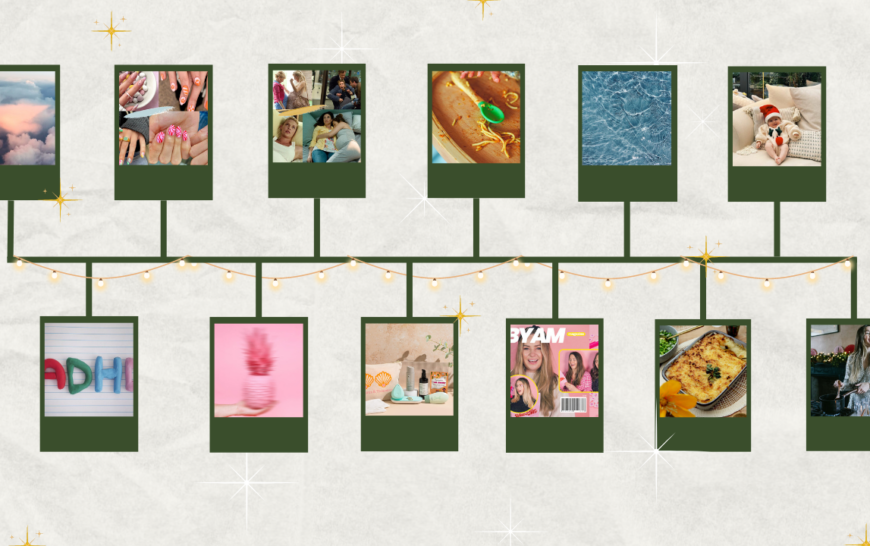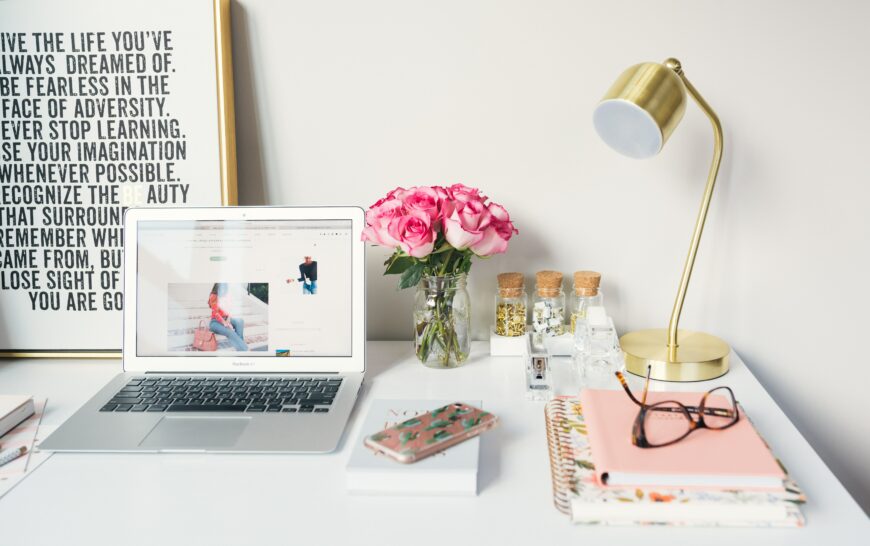
Setting boundaries is important for any healthy functioning relationship, not least our relationship with social media but it’s easier said than done when the thing we need a break from is permanently attached to our palms.
The online and offline worlds often become blurred, which can leave us feeling disproportionately disconnected from our reality. So, how do you find a way to navigate social media in a way that serves you? Like, really serves ‘offline’ you.
In this blog post, we discuss how setting boundaries online can protect our mental health and allow social media to have a positive presence in our lives.
1 Take ownership of your feed
To take control of the content you’re consuming, you have to take control of who you’re following. Your feed is your space, if something doesn’t contribute to your life in a positive way or make you feel good, use the power of the mute/unfollow button to preserve your happiness. If it doesn’t bring you joy block it out, literally. A purge is the best thing you can do sometimes! Treat your social media profiles like your home and don’t be afraid to ask people to leave if they cross the line.
2 Give yourself permission to unplug
Countless studies have indicated that spending too much time on the internet can seriously compromise our mental health, and whilst it’s not always practical to deactivate your social media or take a week-long hiatus, particularly if it’s your job, you can put a limit on your social media usage to allow you the opportunity to switch off.
Set a schedule for a time to step away from your phone and stick to it – if you feel like you’re waking up and going straight onto your phone, make that first hour of the morning your downtime to ease you into the day slowly, without social media noise and distraction. Make a cuppa, get ready, do some journaling or listen to a podcast – make being in the present your only priority before your mind dives straight into DMs and to-do lists.
Establish what an appropriate amount of time on social media looks like to you and determine how you’ll hold yourself accountable for switching off. Is it a screen-free Sunday, a daily social media curfew or a phone-free zone in your home? Decide what works best for you and your lifestyle.
3 Check in with yourself
Ask yourself what you’re looking to get out of this platform? Is it to network with other likeminded professionals, to stay in touch with your friends or find some entertaining content? It’s easy to fall into the trap of mindless scrolling before bed or first thing in the morning and in doing so, we quickly lose sight of the purpose and intention of consuming content in the first place.
4 Disable push notifications
The constant distraction of notifications on your home screen can exacerbate anxiety and stress. Set aside a time slot to check-in and reply to messages and allow yourself permission to be ‘unavailable’, even if it’s only for an hour a day. We don’t know who needs to hear this but: you don’t need to reply to every notification immediately.
5 Set app limits and downtime
If the thought of going completely phone free for an entire day isn’t realistic, utilise your phone settings to help establish some practical boundaries and hold yourself accountable.
Go to Settings > Screen Time > Down Time and App Limits to keep your social media consumption in check and to remind you when you’re meant to be switching off.
6 Remember not everything needs to be shared
Maintaining a healthy relationship with social media is as much about creating boundaries for yourself as it is about creating boundaries with others. Not everything you experience has to be public-facing and part of practising self-care and self-preservation online is holding something back for yourself. Let go of the pressure to share every part of you with the internet.
7 Stop comparing
If you feel yourself falling into the comparison trap, try to remind yourself that social media is, for the most part, a highlights reel – most people use it to project an ideal life, not a whole life. A post is just a moment, it almost never tells the whole story.
8 Connect with others IRL
Sure, nurturing an online community can be wholesome and uplifting stuff but virtual socialising can’t replace meaningful face-to-face connections and friendships. When you’re enjoying some downtime from social media, go on a walk with a friend or pick up the phone and call them (GASP) for a catch-up. It does wonders for those happy hormones.




